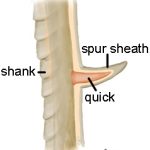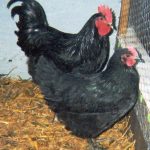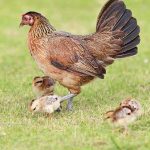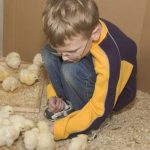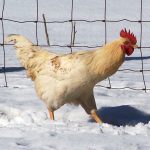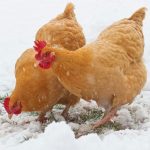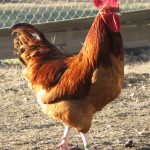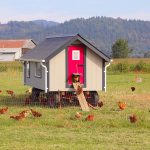
Before a box full of peepers arrives, it is imperative to have a plan for a chicken coop. Chicks that have recently graduated from the brooder should have a coop to call home, and not be left homeless. Ideally, the coop will be prepared and ready for move-in long before the babies arrive. Chickens, […]
Continue Reading
